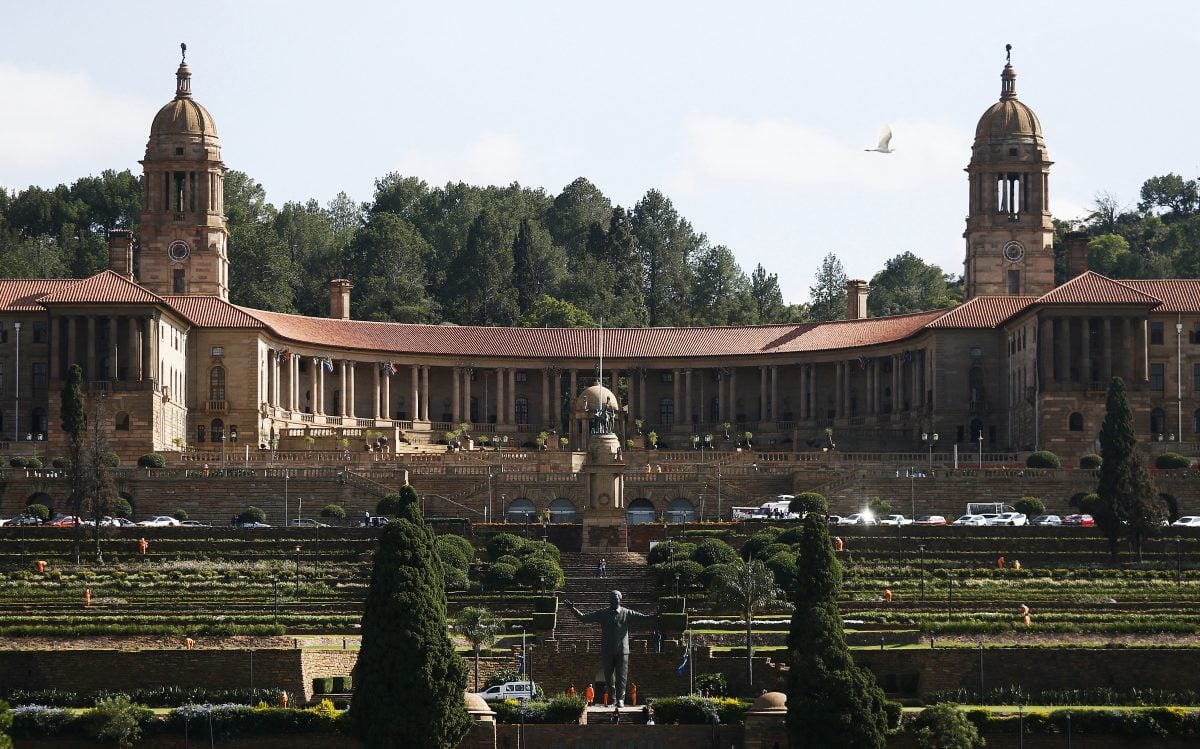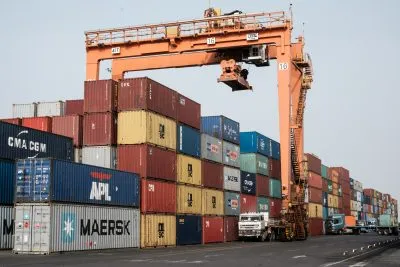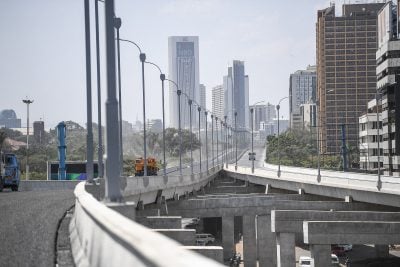South Africa’s government of national unity (GNU) has unveiled its first cabinet after the ANC and the Democratic Alliance (DA) broke the deadlock in fraught discussions over the division of portfolios.
DA leader John Steenhuisen has been named minister of agriculture as his party enters government for the first time, one of six DA positions in the 32 strong cabinet.
The ANC retains twenty portfolios – including Enoch Godongwana as finance minister – while six other portfolios are shared among smaller parties.
The ANC’s Paul Mashatile remains as deputy president, while Naledi Pandor has been replaced as minister of international relations and cooperation by Ronald Lamola. The ministry of public enterprises will be scrapped and its functions assumed by the presidency, the ministries of electricity and energy will be merged, and there will be a separate ministry of mineral and petroleum resources.
The DA will assume the leadership of the ministries of agriculture; basic education; public works and infrastructure; home affairs; forestry, fisheries and the environment; and communications and digital technologies. The party has also secured six deputy ministries, including Ashor Sarupen at finance and Samantha Graham-Maré at energy and electricity.
New dawn after deadlock broken
Intensive weekend discussions took place to get the deal over the line after a furious President Cyril Ramaphosa accused the DA of attempting to form a “parallel government” when it pushed for eight cabinet seats.
But the eventual agreement offers a new dawn for South African governance after years of low growth, high unemployment and investor frustration. The ANC were forced to share power after voters delivered a stunning rebuke in the election on 29 May, losing its majority and around 17% of support since the 2019 poll.
President Ramaphosa, who remains in post as a condition of the unity government, said that the agreement is “unprecedented in the history of our democracy.”
“We have had to consider how to form the new government in a manner that advances the national interest, that gives due consideration to the outcome of the election and that makes use of the respective capabilities within each of the parties…We have also had to consider the stability, effectiveness and durability of the government we are establishing,” he said.
Ramaphosa admitted that some citizens had “expressed concern about the length of time it has taken to form a government,” but compared South Africa to other democracies where the formation of multi-party governments has taken several months.
“We have shown that there are no problems that are too difficult or too intractable that they cannot be solved through dialogue,” he said.
Steenhuisen also hailed the launch of the unity government.
“After almost a month of intensive negotiations, the Democratic Alliance is proud to announce that we have agreed to a deal to be part of the Government of National Unity…The message delivered from the South African electorate has been heard loud and clear. No political party achieved an outright majority, and citizens want politicians to cast aside their differences and work together for the benefit of the people.
“The DA is proud to rise to the challenge, and take our place, for the very first time, at the seat of national government where we can introduce our track record of governance excellence, zero tolerance for corruption, and pragmatic policymaking based on outcome and not intent.”
‘Marathon with an obstacle course built in’
Political analyst Daniel Silke tweeted that the new cabinet offers South Africa a chance to turn over a new leaf, but faces the “double challenge” of weaving a cohesive set of implementable policies between “ideologically diverse” stakeholders.
“The new #SouthAfrica multi-party Executive is an historic opportunity to broaden governance & delivery across the ideological & political divide. While positions are now settled, it’s the policy & performance delivery aspects that counts and will define success or failure.
“While there can certainly be some scepticism for individual appointments, the new multi-party #SouthAfrica Executive should offer greater internal oversight as opposition parties provide long-needed checks and balances on a Cabinet working hitherto in its own echo-chamber.
“With a moderate multi-party Executive confirmed, the parties will be forced to find synergies they have argued against for years. If that is the case, it can realign the old divisions to SA’s benefit. But this is a marathon and not a sprint – with an obstacle course built in!”
Want to continue reading? Subscribe today.
You've read all your free articles for this month! Subscribe now to enjoy full access to our content.
Digital Monthly
£8.00 / month
Receive full unlimited access to our articles, opinions, podcasts and more.
Digital Yearly
£70.00 / year
Our best value offer - save £26 and gain access to all of our digital content for an entire year!
 Sign in with Google
Sign in with Google 




